District of Columbia (DC)
Extreme Risk Protection Order
In December 2018, DC passed its ERPO law as a part of the Firearms Safety Omnibus Amendment Act of 2018. The law went into effect on January 30, 2019.
An Extreme Risk Protection Order (ERPO) is a civil order that temporarily prohibits individuals who pose a significant danger of causing bodily injury to self or others from purchasing and possessing firearms and ammunition. Law enforcement, persons related to the respondent by blood, adoption, guardianship, marriage, domestic partnership, having a child in common, cohabitating, or maintaining a romantic, dating, or sexual relationship; and mental health professionals (defined broadly)1 may petition for an ERPO.
Petitioners may seek an ex parte ERPO which will remain in place for a maximum of 14 days until the hearing for a final ERPO. An ex parte ERPO may be extended by the court in additional 14-day increments for good cause shown. Petitioners may also seek a final ERPO without first petitioning for an ex parte ERPO. A final ERPO is issued after the respondent receives notice and an opportunity to go before a judge to contest the petition. A final ERPO lasts one year and may be terminated prior to its expiration or renewed through court processes defined in the law.
To legally possess firearms in DC, residents must hold a valid registration certificate. To carry a concealed pistol in DC, residents must possess a Concealed Carry License (CCL). When an ex parte or final ERPO is issued, the respondent to that order must surrender all firearms, registration certificates, and CCL to law enforcement for the duration of the order. Respondents must also surrender ammunition and any dealer’s license in their possession.2 If the court issues an ex parte or final ERPO, the court may issue an accompanying search warrant authorizing a search to be conducted anywhere in the District of Columbia for seizure of any firearms, ammunition, registration certificates, licenses to carry a concealed pistol, or dealer’s licenses that the respondent is prohibited from having pursuant to the terms of an ERPO.3
DC’s ERPO law includes ex parte ERPOs issued by a judicial officer; a hearing where the respondent is provided notice and an opportunity to participate; the respondent’s right to counsel (at no expense to the government); and the requirement of relevant evidence (e.g. the enumerated factors the judicial officer must consider) to issue an ERPO.
1 A “mental health professional” includes any of the following persons engaged in the provision of or reasonably believed by the client to be engaged in the provision of professional services: a person licensed to practice medicine; a person licensed to practice psychology; a licensed social worker; a professional marriage, family, or child counselor; a rape crisis or sexual abuse counselor who has undergone at least 40 hours of training and is supervised by a licensed social worker, nurse, psychiatrist, psychologist, or psychotherapist; and a licensed nurse who is a professional psychiatric nurse. D.C. Code Ann. § 7-2510.01(11).
2 D.C. Code § 7-2510.07
3 D.C. Code § 7-2510.07a

